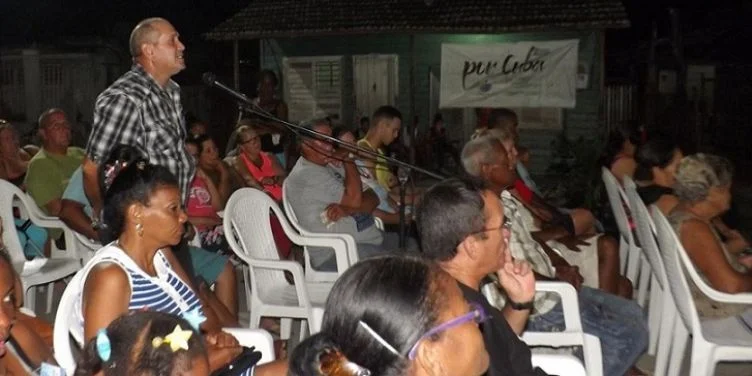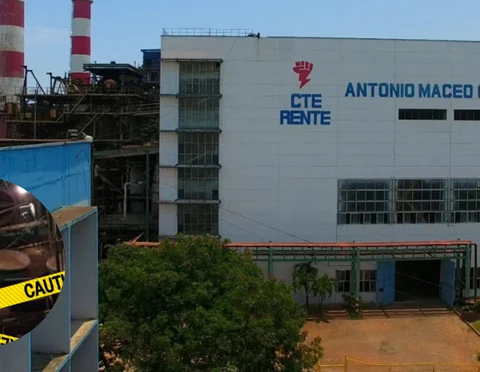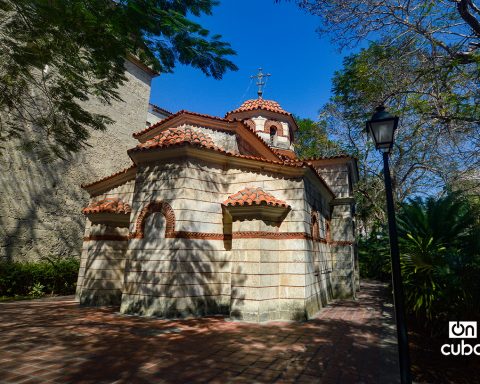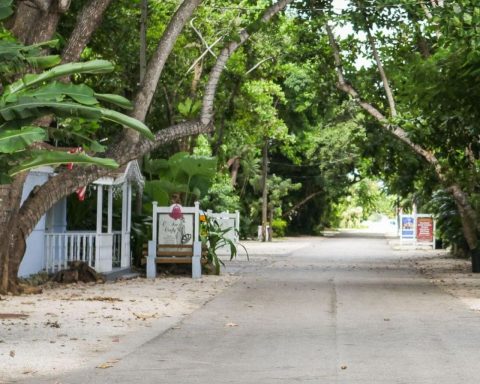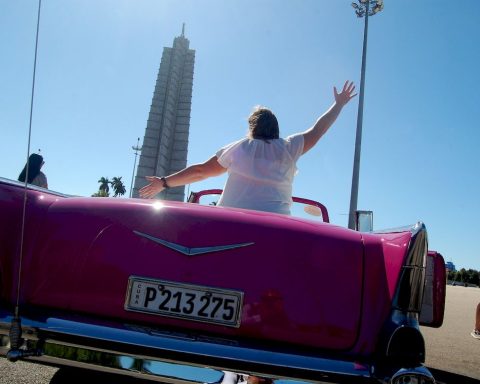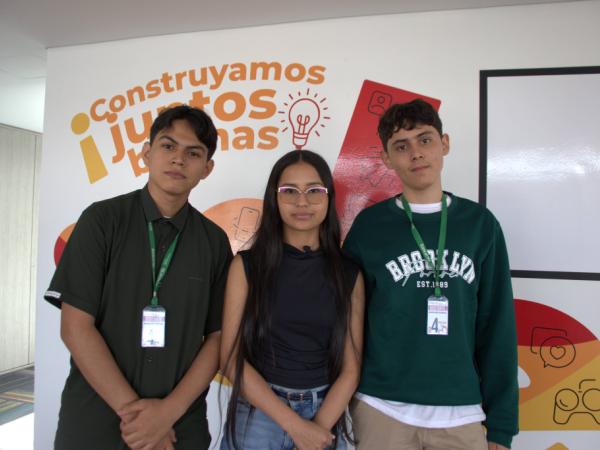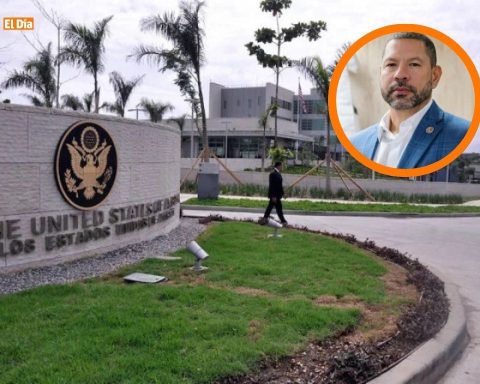HAVANA, Cuba. – A new chapter of what the regime calls “the process of accountability of delegates to their voters” is beginning all over Cuba these days. This may be the culminating moment of the so-called “participatory democracy,” which the official discourse praises as the best option to guarantee citizen participation in the life of the nation.
But if it were really true that these meetings between delegates and the population fostered real participation of people in the affairs of the community or the nation, or if the delegates resolved the concerns of their constituents, there would be no doubt that there would be a demand on the part of citizens for these meetings to be held punctually.
However, reality shows that the opposite is true. Even last year, 2023, passed without these accountability meetings taking place – which were initially scheduled every three months, and then every six months – and no one raised their voice to demand that these assemblies be held.
Now, in the days leading up to the start of this new process, the regime’s media have been the ones to carry out a great campaign in favor of these meetings. The power machinery knows that the situation the Island is going through is difficult, and that the support of the population for the Government is perhaps at its lowest point in recent times. Nevertheless, they are playing the card of calling these assemblies with the objective of, through the percentage of voter attendance, having a more exact notion of the number of Cubans who are still grouped around the regime.
Citizens, on the other hand, seem to ignore the media escalation of the authorities. Neither on an individual basis, nor through the so-called mass organizations ―CDR, FMC or other appendages of the Communist Party – there have been no expressions of complacency on the radio or television news about the proximity of these accounts.
On the contrary, for the average Cuban it is a nuisance to have to leave his house, to miss some program that he likes on television – in reality there are not many, perhaps the current soap opera or the adventures of Pánfilo in Living off the story―, to attend a conclave with a lot of talk and little problem solving.
A few days ago he appeared on the program Round Table The Secretary of the Council of State, Homero Acosta, spoke on the occasion of the Cuban Television (state-run). The official, among other things, referred to the material difficulties – of course, among which the “blockade” could not be missing – that accompany this process of accountability. In addition, he had to acknowledge that there were more than 100 vacant delegate positions throughout the country. According to him, these were delegates who had fallen ill or others who had exchanged their homes and no longer lived in the neighborhoods for which they had been elected to that position.
Of course, Mr. Homero Acosta did not say anything about the many grassroots PCC militants who had to accept their nomination for the elections, complying with the guidelines of the higher authorities of the Party, in the sense that they could not refuse if they were proposed by the mass of voters. And then, if they were elected, they invented any subterfuge (such as the aforementioned illnesses or changes of address) to leave the position of delegate. This is another example of what we have commented on other occasions about these militants being cannon fodder to comply without question with all the directives of the power elite.
If in almost all of the country’s constituencies delegates are unable to arouse the interest of their voters, then we must agree that the health of participatory democracy in constituencies where there are no delegates is going from bad to worse.
